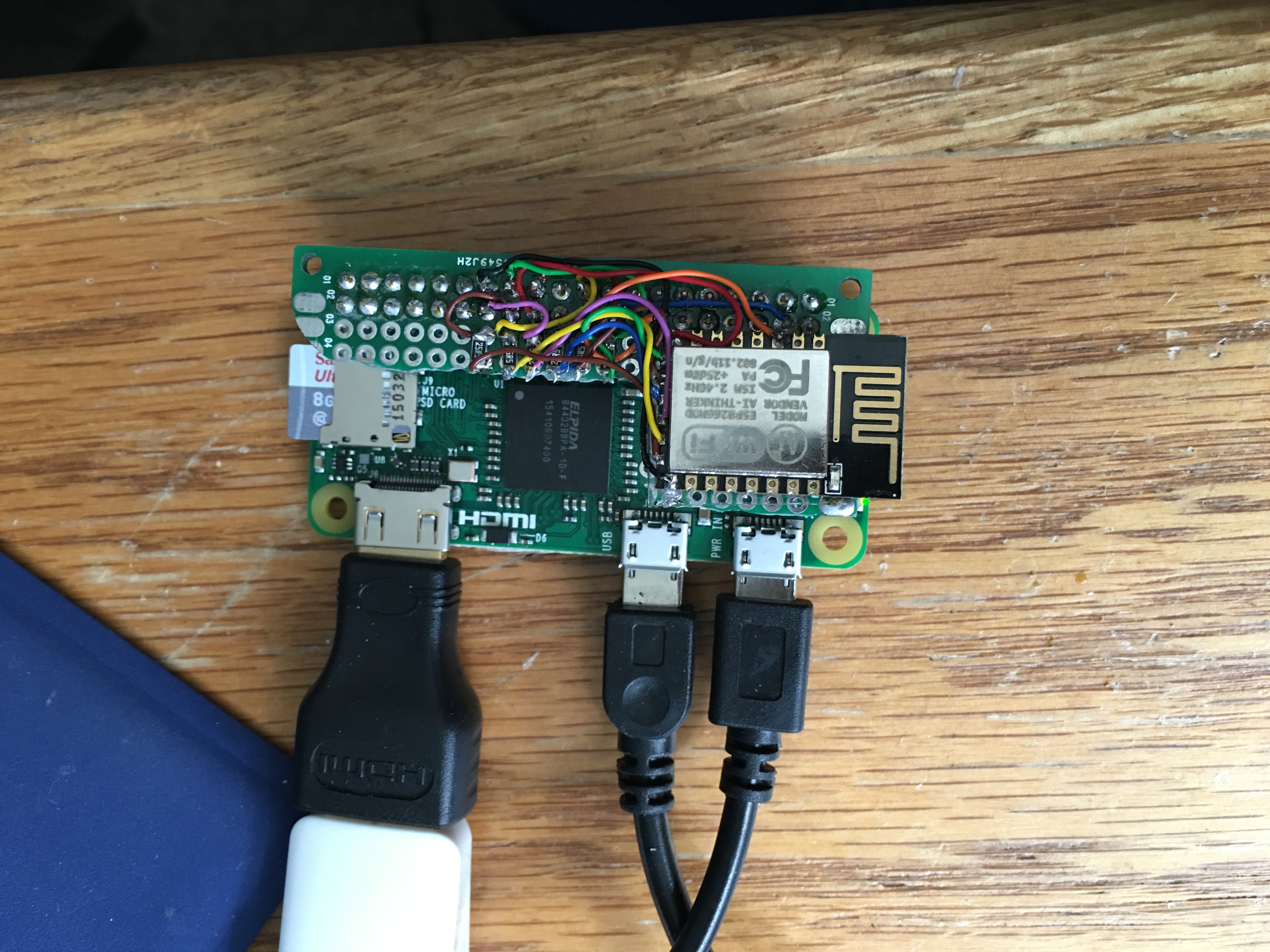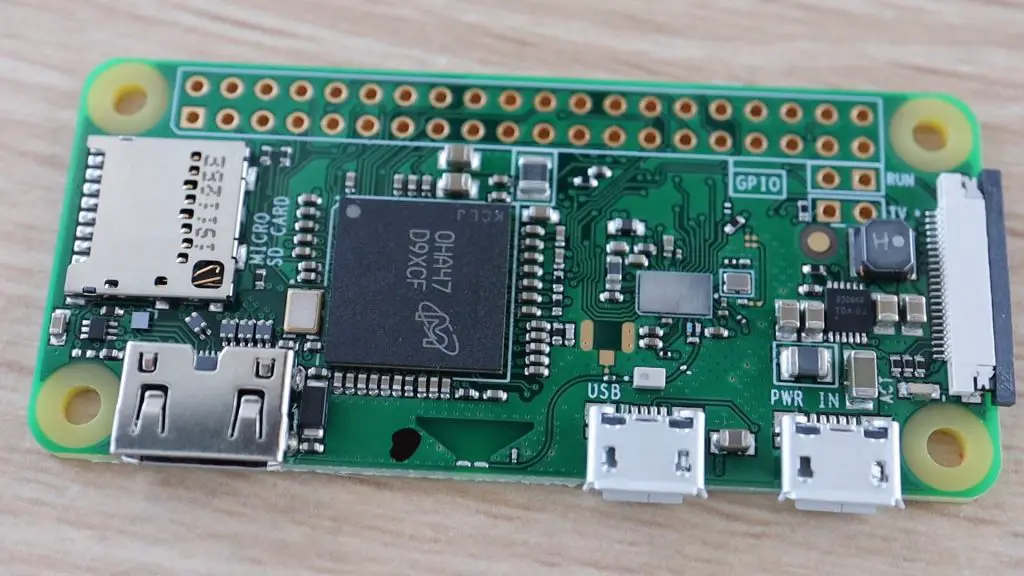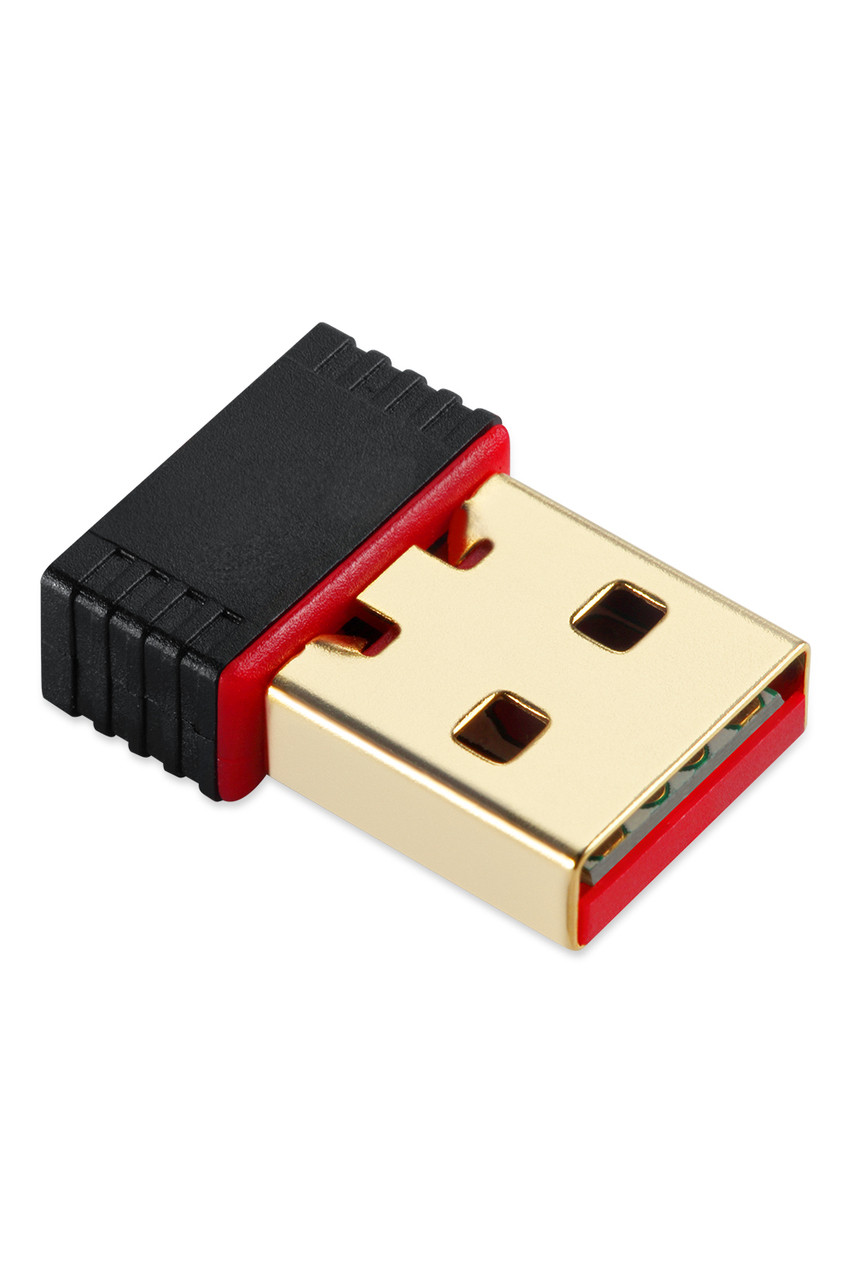

# Download kernel source (around ~150MB to download) Sudo wget -O /usr/bin/rpi-source & sudo chmod +x /usr/bin/rpi-source & /usr/bin/rpi-source -q -tag-update

Luckily the rpi-source tool takes care of that. To compile the driver we need the source code of the currently running kernel.

Sudo apt install build-essential bc git wget libssl-dev bison flex dkms libncurses5-dev So performing an sudo apt update & sudo apt upgrade beforehand maybe useful. Keep also in mind, that the driver is build for the current installed kernel version. Install dependenciesįirst step is to install all required dependencies for the build. Sadly the default installation of Raspberry Pi OS (formerly Rasbian) don’t contain any driver for the chipset used in that dongle.Īfter various google searches here is my solution to compile and install the RTL88x2BU driver. Retry short limit:7 RTS thr:off Fragment thr:offĪfter a short Google search with the usb device identifier which lsusb returned ( 0bda:b812), I was able to determine the used chipset (Realtek RTL8812BU). Mode:Managed Access Point: Not-Associated A quick check with sudo iwconfig showed that no wifi device was detected 😕. The next step was to check if the wifi driver was able to load. Recently I bought a wifi dongle (with the generic name AC1200) for my Raspberry Pi 3 (Model B) to extend its wifi range and quality (and adding support for 5GHz connections).įirst of all I connected the device to a free usb port and checked with lsusb if the device itself is recognized: $ lsusbīus 001 Device 004: ID 0bda:b812 Realtek Semiconductor Corp.


 0 kommentar(er)
0 kommentar(er)
